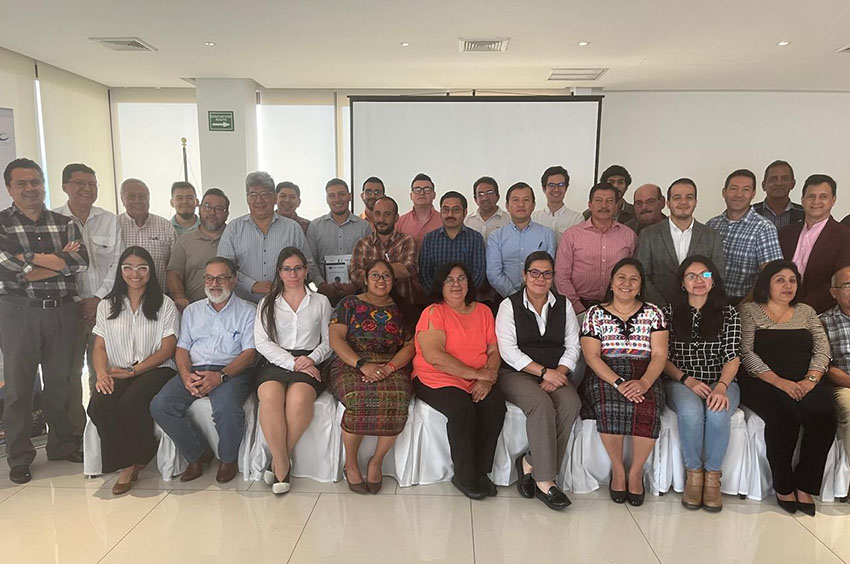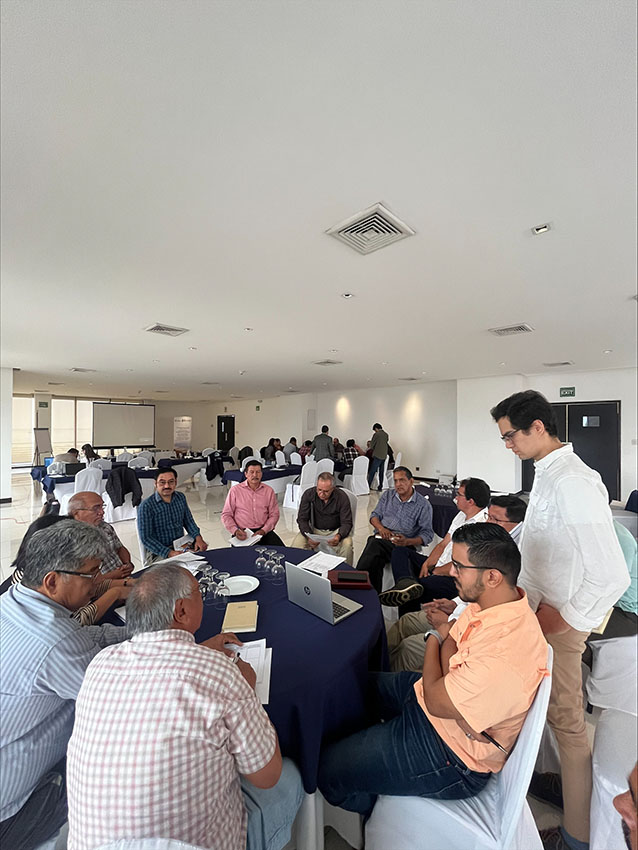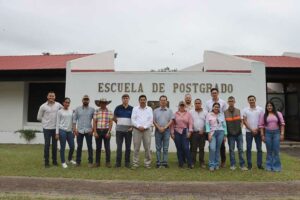CBIT Project evaluates data sources for greenhouse gas inventory in agriculture in Guatemala

- This workshop is part of the activities for the first Biennial Transparency Report (BTR) that must be submitted before December 31st.
The CBIT Project kicked off a workshop in Guatemala City, aimed at identifying and evaluating the necessary information sources to compile the 1990-2022 temporal series of the Greenhouse Gas Inventory (INVGEI) in the agricultural sector.
The CATIE (Tropical Agricultural Research and Higher Education Center) is the institution responsible for implementing the CBIT Project, with financial support from the Global Environment Facility (GEF) and implementation by the United Nations Development Programme (UNDP), led by the MARN.
The event saw the participation of 35 individuals, including representatives from the Ministry of Agriculture, Livestock, and Food (MAGA), the Ministry of Environment and Natural Resources (MARN), and the CBIT Project. During the workshop, participants discussed and analyzed the most relevant emitting categories in the agricultural sector, based on the IPCC 2006 Guidelines.
Among the evaluated categories are enteric fermentation of livestock, manure management, rice cultivation, application of fertilizers in agricultural soils, prescribed burning of savannas, burning of agricultural residues in the field, liming, and application of urea and other carbon-containing fertilizers.
This workshop is part of the activities for the preparation of the first Biennial Transparency Report (BTR), which Guatemala must submit before December 31, 2024, in accordance with the guidelines of the Enhanced Transparency Framework of Article 13 of the Paris Agreement.
The activity was coordinated by the CBIT Project, with the support of the MARN's Climate Change Directorate and the MAGA's Climate Change Unit. The CBIT Project aims to implement a Monitoring, Reporting, and Verification (MRV) system in Guatemala, allowing the country to monitor the implementation of its Nationally Determined Contributions (NDCs) and comply with the requirements of Article 13 of the Paris Agreement. This monitoring is crucial for making strategic decisions that promote programs, projects, and policies contributing to achieving the commitments made in the agreement.
During the workshop, Juan Pablo Reyes, coordinator of the Science and Metrics Department of the MARN's Climate Change Directorate, shared the most updated information on guidelines for inventory preparation. Reyes emphasized that the greenhouse gas inventory component is mandatory for the Biennial Transparency Report (BTR).
Jerson Quevedo, CBIT Project Coordinator, highlighted the challenges of improving information sources for the main activities in calculating greenhouse gas emissions in the agricultural sector and underscored the importance of involvement of MAGA's technical personnel to strengthen institutional capacity.

Written by:
Julio López Payés
CATIE representative in Guatemala
jlopez@catie.ac.cr



